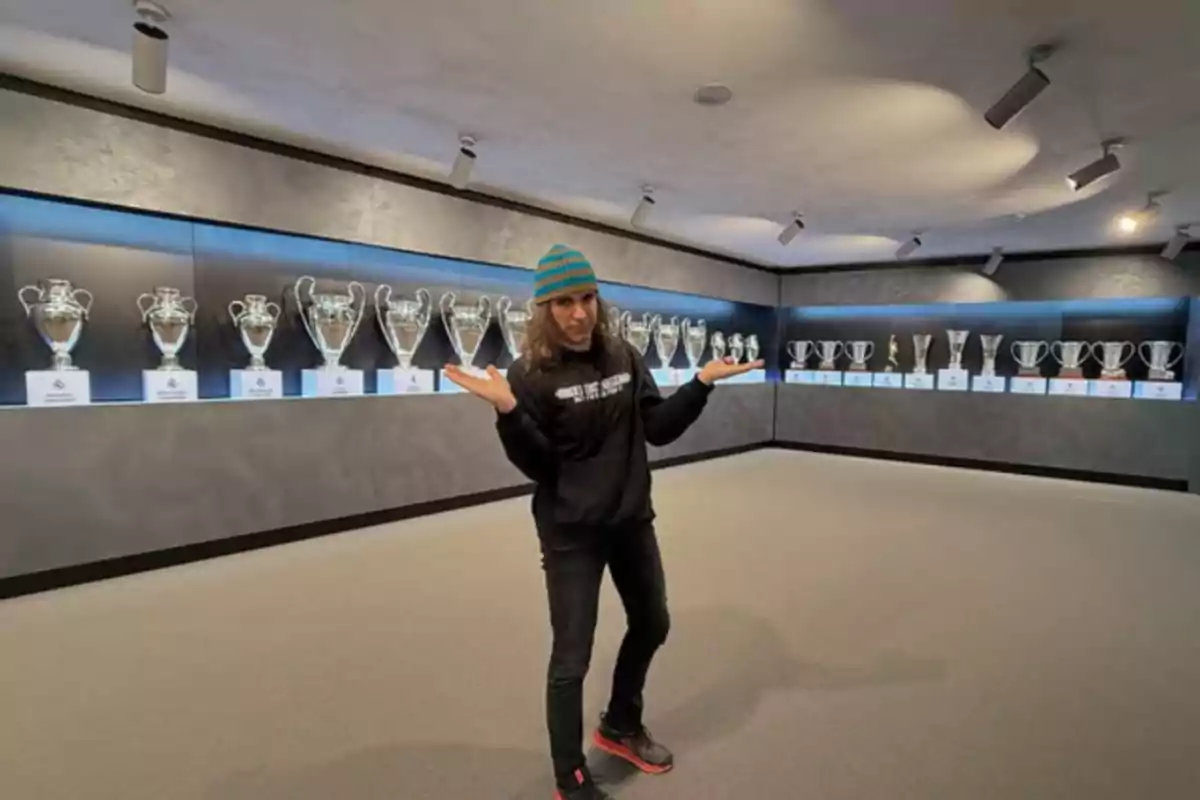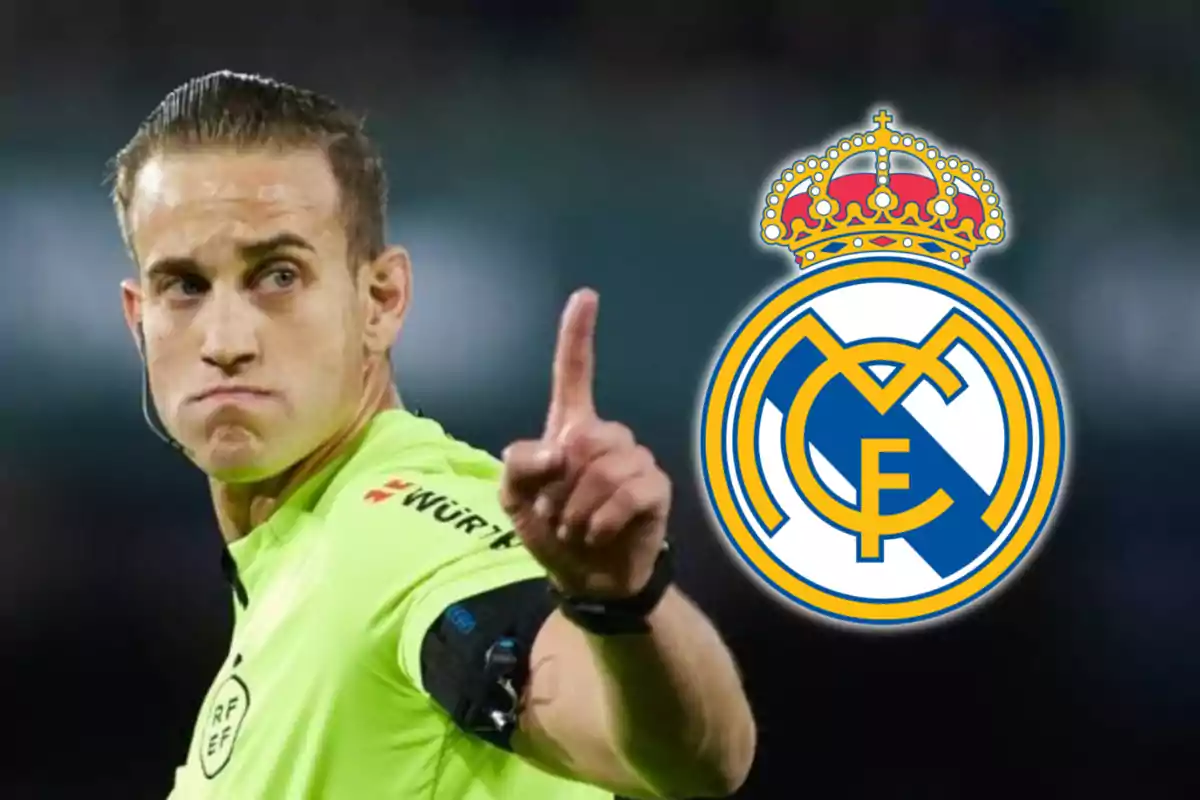The recent appointment of Chema Alonso as head of technological innovation and artificial intelligence for the Technical Committee of Referees (CTA) of the RFEF has sparked a wave of reactions. Not only because of his prestige as a cybersecurity expert, but also due to his declared Madridism, which is unusual in an organization that must keep impartiality. His public messages reflect a passionate and unfiltered profile.
Chema Alonso, born in Móstoles 50 years ago, has a solid résumé: computer engineer, PhD in security, and former Telefónica executive after the acquisition of his company, ElevenPaths. Recognized for his blue beanie and his role as a "good hacker," he has been a Microsoft MVP, honorary university ambassador, and has received prestigious awards in cybersecurity. His arrival at the CTA marks a shift toward digitalization, with predictive analysis and artificial intelligence systems that could transform refereeing in Spain.
This innovation aims to bring transparency, objectivity, and accuracy to refereeing decisions. Alonso won't have direct power over referee appointments or VAR decisions, but his influence on technological tools promises to change the traditional approach and further professionalize the Spanish refereeing system. A professional profile, without a doubt, more than interesting for the future of the competition.

Revealing tweets: public Madridism under scrutiny
Alonso's social media show messages that leave no room for doubt. On Twitter (currently X) he stated: "I'm a Madridist, Raulist, and Ikerist" and lamented that the referee "went way too far with Madrid." He also said: "Real Madrid players are giving their all. I'm proud to be a Madridist. Hala Madrid." He even shared photos in the Bernabéu trophy room and at the 2024 Champions League final in Wembley. This visceral support for the white club raises legitimate questions about his suitability for a position related to refereeing impartiality and objectivity.
Reactions from the Barcelona environment and doubts about impartiality
Figures linked to the world of FC Barcelona have been blunt. Cristobal Soria stated: "Coincidentally... he's a Madridist!", suggesting that his status could compromise CTA's independence. These opinions reflect growing suspicion: how will the organization guarantee impartiality if one of their technological leaders shows such obvious favoritism? David Bernabéu shared a brief but forceful "all ok."
Innovation versus refereeing tradition: a cultural shift
CTA president Fran Soto has promoted this new professional and multidisciplinary team. With areas such as international relations, led by former international referee Marta Frías; referee training, coordinated by David Fernández Borbalán; and VAR integration, overseen by Eduardo Prieto Iglesias, the organization seeks a qualitative leap. In addition, the inclusion of Yolanda Parga in women's refereeing, and Álvaro Cid Bragado in adapted modalities, shows a commitment to diversity and sophistication.
Within this structure, Alonso faces the challenge of establishing a culture of objectivity through technology, detached from his personal passion, and proving that his role will bring tangible benefits to the refereeing system.

